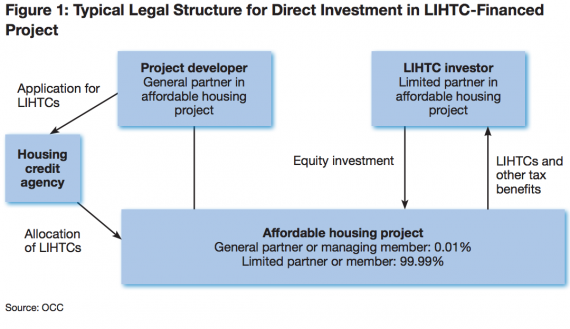Even with private activity bonds intact, the new Republican tax law could cut the growth of subsidized affordable housing by more than 230,000 homes in the next 10 years.
The tax plan reduces the tax rate for corporations from 35 to 21 percent, which in turn, lowers the value of low-income housing tax credits, the New York Times reported. The reduction would shave roughly 235,000 homes from new supply of affordable housing across the U.S. over the next decade, according to a report by a national accounting firm, Novogradac & Company.

“It’s the greatest shock to the affordable-housing system since the Great Recession,” Michael Novogradac, managing partner of Novogradac, told the Times.
Kate Hartley, director of the San Francisco Mayor’s Office of Housing and Community Development, said the decrease in the corporate tax rate could increase the cost of building affordable housing by $50,000 per unit.
The House version of the tax bill had proposed eliminating private activity bonds, a move New York City officials estimated would decrease the number of affordable units created each year by 10,000. It’s not yet clear how the new tax plan will impact the mayor’s goal of preserving or creating 300,000 units by 2026. [NYT] — Kathryn Brenzel
